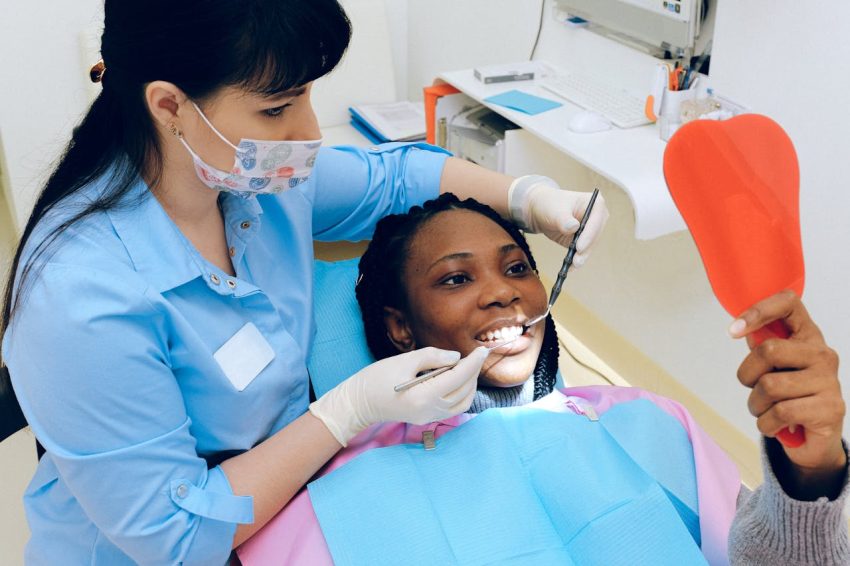When dental emergencies strike, it’s crucial to know how to respond effectively. Whether you’re dealing with a severe toothache that disrupts your sleep or a chipped tooth from an unexpected fall, having the right information can make all the difference. This guide is designed to help dental patients, emergency care seekers, and health enthusiasts understand common dental emergencies and the steps they should take.
Understanding Severe Toothache
A severe toothache can be more than just a minor inconvenience; it often signals an underlying issue that requires attention. Common causes include cavities, dental abscesses, or infections. Before reaching out to an emergency dentist, try rinsing your mouth with warm salt water, which may provide temporary relief. Over-the-counter pain medication can also help manage discomfort. However, if pain persists or is accompanied by swelling, it’s essential to seek professional help immediately to prevent further complications.
If you need urgent dental care, search “emergency dentist Hampshire” on Google to quickly find a nearby dental clinic.
Dealing with a Chipped or Broken Tooth
Accidents happen, and when they do, they can often result in a chipped or broken tooth. If you find yourself in this situation, start by rinsing your mouth with warm water to clean the area. If you have the piece of tooth, preserve it in milk or a saline solution. Applying a cold compress on the outside of your cheek can help reduce swelling. Following these initial steps, contact an emergency dentist for further care and advice on restoring your tooth.
Handling a Knocked-Out Tooth
A knocked-out tooth is one of the most urgent dental emergencies. Immediate action is critical, as there is a limited window to save the tooth. First, locate the tooth and handle it by the crown, avoiding touching the root. If possible, gently rinse it with water but do not scrub it. Place the tooth back in its socket if you can, or keep it in a container of milk. Seek emergency dental care within 30 minutes to increase the chance of successful re-implantation.
Managing Lost Fillings or Crowns
Losing a filling or a crown can leave the affected tooth vulnerable to damage and infection. Until you can visit a dentist, consider using dental cement or even sugar-free gum to cover the exposed area temporarily. Avoid chewing on the side of the mouth where the tooth is located to prevent further harm. Promptly seeing a dentist is essential to protect the tooth and to discuss long-term solutions.
Recognising Abscesses or Infections
An abscess, or infection in the mouth, can lead to serious health issues if not treated promptly. Symptoms include swelling, fever, and a persistent bad taste in the mouth. These signs indicate the need for immediate dental intervention, as delaying treatment could result in the infection spreading. Emergency dentists can offer treatments such as draining the abscess and prescribing antibiotics to tackle the infection effectively.
Why Seeking Emergency Dental Care Matters
In many instances, people may delay seeking emergency dental care, hoping the issue will resolve itself. However, postponing treatment can lead to severe complications, potentially resulting in more extensive and costly procedures down the line. Emergency dentists are equipped to handle these situations swiftly, providing the necessary care to address the problem and alleviate pain.
In conclusion, knowing how to respond to dental emergencies is vital for maintaining oral health. Whether it’s handling a severe toothache, a broken tooth, or dealing with a lost filling, having a plan in place can prevent panic and ensure timely and effective care. Always remember, for any dental emergency, it’s best to consult a professional who can offer the expertise and treatment needed to resolve the issue. If you’re experiencing a dental emergency, don’t hesitate to contact an emergency dentist who can provide immediate assistance and peace of mind.

